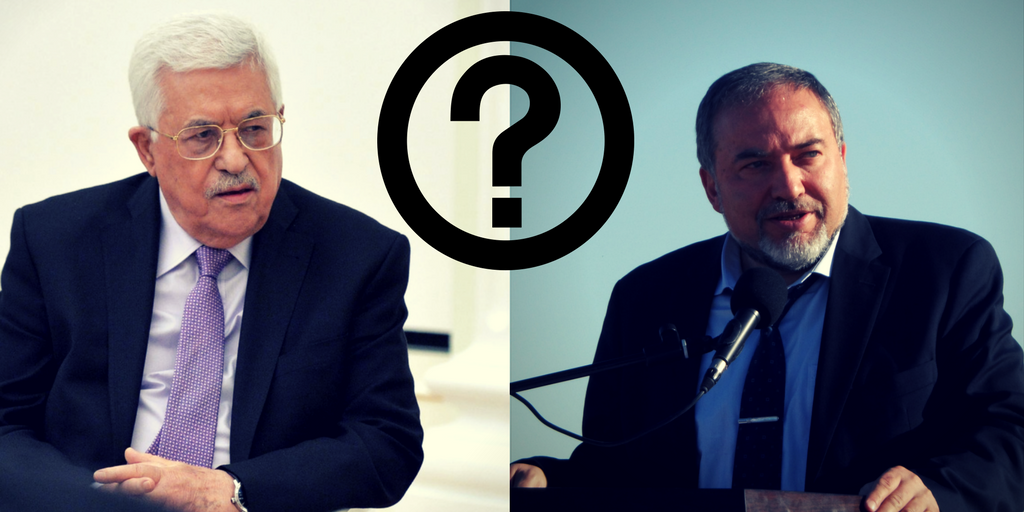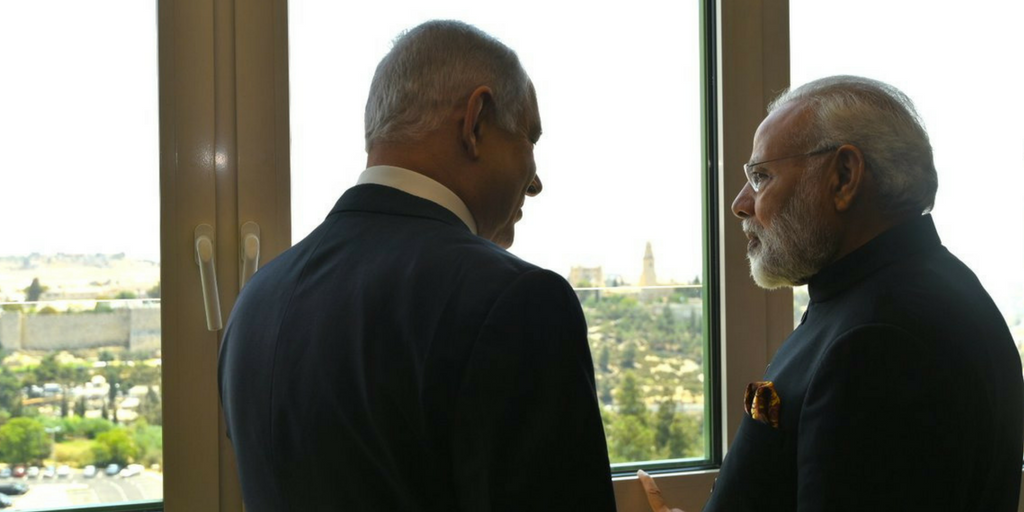The rumor mill keeps swirling about major changes in the Middle East. Two major moves seemingly separate indicate a major shift is underway in Israel, specifically in its relationship to Gaza and Judea and Samaria.
Gaza: Turkey and Qatar Out, UAE and Egypt In
As the Qatar-Saudi rift deepens, the Gaza Strip under Hamas continues to suffer under a joint Israeli-Egyptian blockade. While Abbas has sought to bring the group to its knees, Egypt and the UAE, two countries that stand with the Saudis against Qatar (and its ally Turkey) have used the situation to impose their will on Hamas in Gaza. According to muliple media reports, the Egyptians and the UAE are pushing for Mohammed Dahlan to take over the Gaza Strip as head of some sort of Gazan leadership council.
With Hamas on the ropes they have little room but to agree to Dahlan returning in a way that makes him the defacto “Head of State” of Gaza. Dahlan is now the Hamas groups key to opening the strip up to goods and electricity. Given the animosity between Dahlan and Abbas, it would seem that the Palestinian national movement would be split if Dahlan actually does become leader of the strip.
Qalqilya Building Plan Portends a Coming Israeli Annexation
While Gaza goes its own way, the Israeli government is taking steps to assume more and more direct authority in Judea and Samaria (aka West Bank). Rightwing leaders have been up in arms over the proposed expansion plan of the city of Qalqilya, but perhaps there is another reason for the expansion. Expanding Qalqilya is only negative for Israel if Qalqilya remains controlled by the PA, but what happens if there is something else going on. Afterall who would be crazy enough to expand a Palestinian city that lies only 10 miles from Tel Aviv unless there was something else going on.
The following comments by Defense Minister Liberman indicates there is:
“6,300 houses will be built.” Lieberman pointed out that “While 19 terrorists have come from Hebron, in the last wave only one ramming attempt came from Qalqilya. These are the sticks and carrots. The housing units are already being marketed, there is no room for debate.”
Speaking of the arrival of Donald Trump’s emissary to the Middle East Jason Greenblatt, Liberman noted that “Greenblatt is coming to promote an agreement with the Palestinians, but I have my doubts when I look at the Palestinian Authority and its leader, and their refusal to condemn the murder of a policewoman –I ask, where is their good will? With such intentions it is doubtful whether it is possible to advance a [peace] process.”
Lieberman is suggesting that it is the Israelis not the Palestinian leadership who are relieving the plight of Qalqilya. If Israel wants to control Judea and Samaria they seemingly must actually care for the people there. Only if the government is moving to some form of annexation does the Qalqilya expansion plan make sense.
Gazal Equals Palestine, “West Bank” Rolled into Judea and Samaria
The plan that appears to be taking shape is that Dahlan will essentially become the defacto ruler of Gaza. Supported by the UAE and Egypt he will lead a Gaza that is independent of Fatah and Ramallah. Without Gaza included in a future deal, the ability to annex Judea and Samaria, including all the area where Palestinian Arabs live appear to be doable. Once you subtract the population of Gaza from the total population of Palestinian Arabs West of the Jordan River, Israel will still have a comfortable 70/30 Jewish majority.
The nature of annexation is not clear, but the fact that it is Israel who is determining Area A housing solutions mean the ball has already dropped. The question will only be if and when Dahlan takes over Gaza, will he be able to cut Hamas’ outsized control down to size or will the Islamist group prevent him from exerting real authority.







